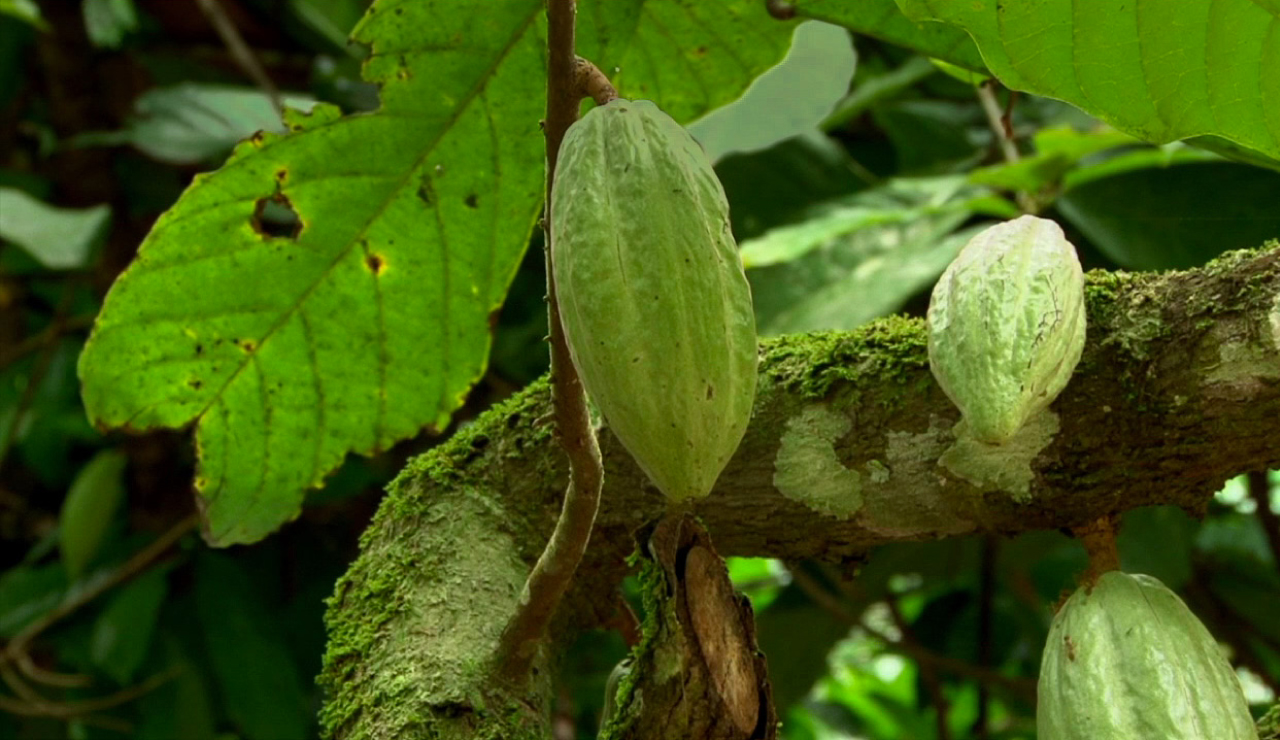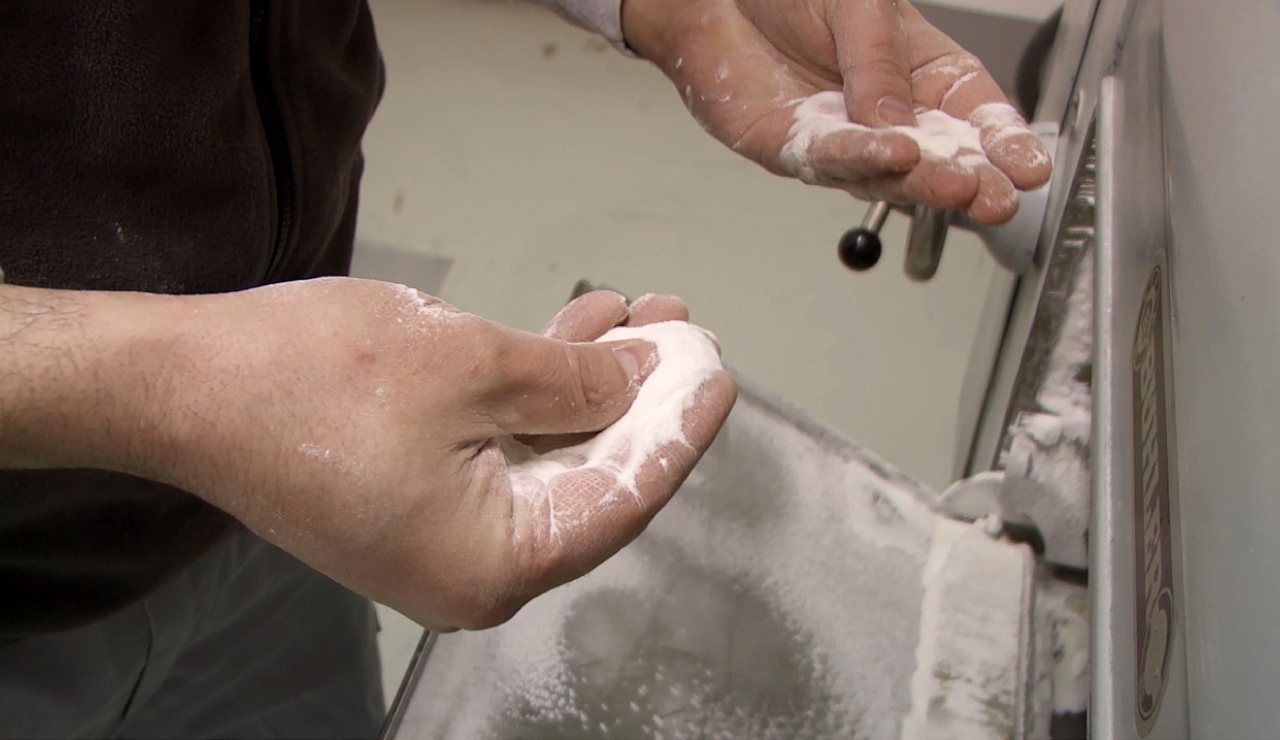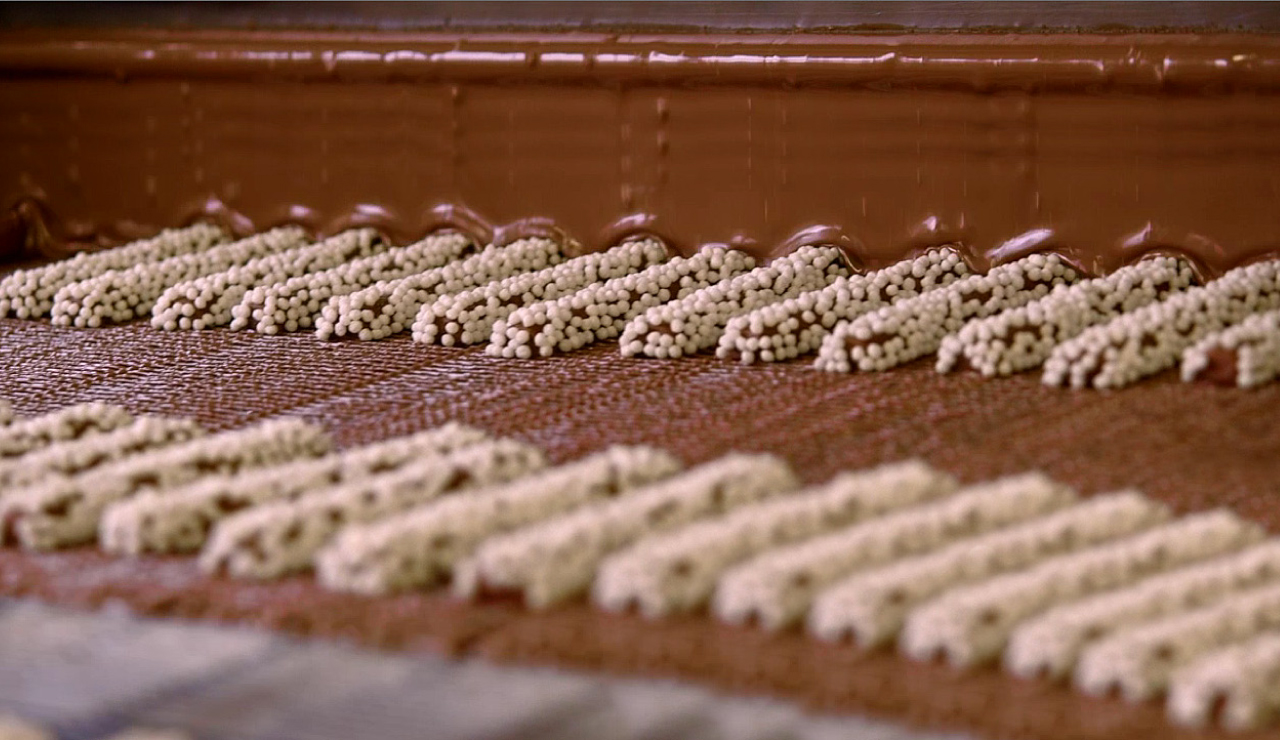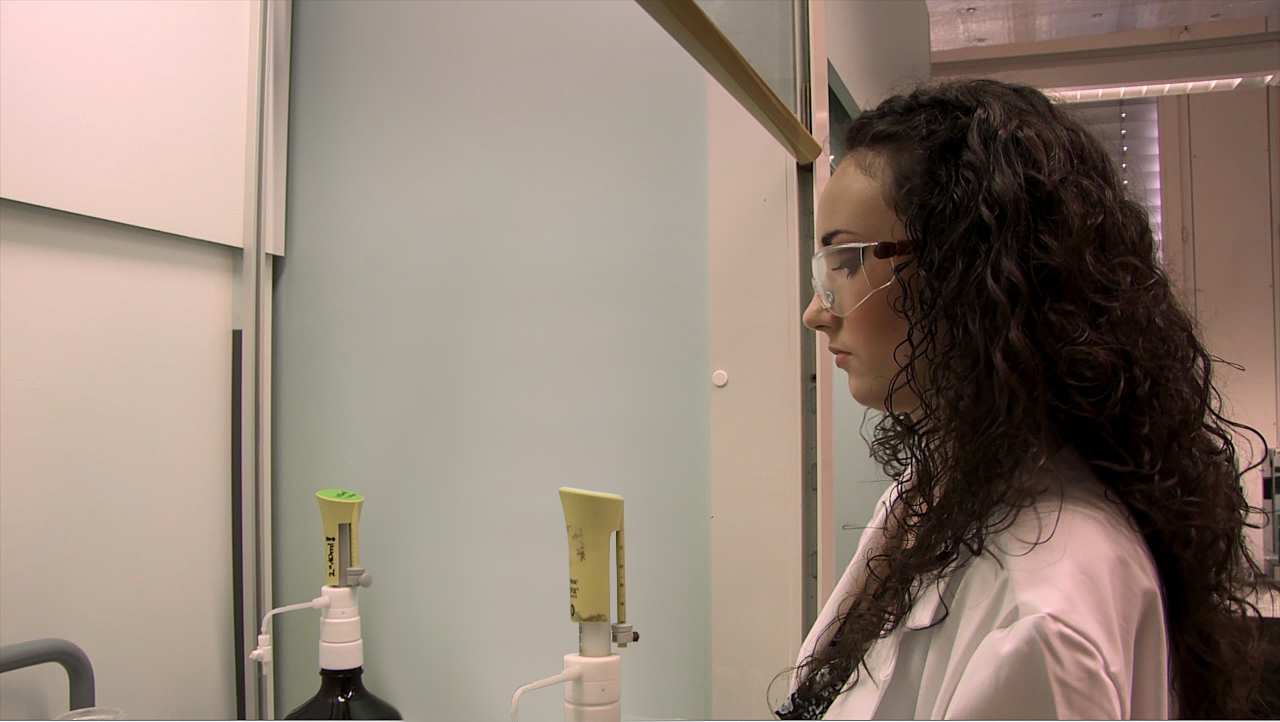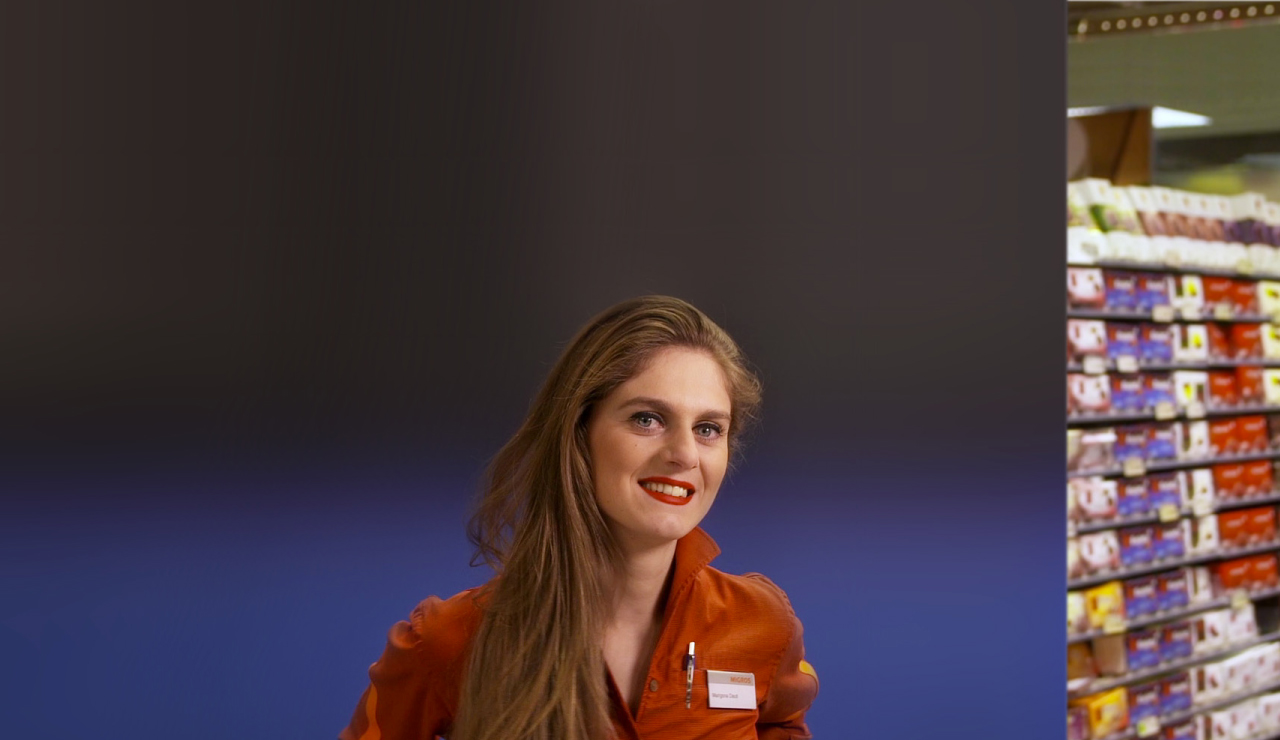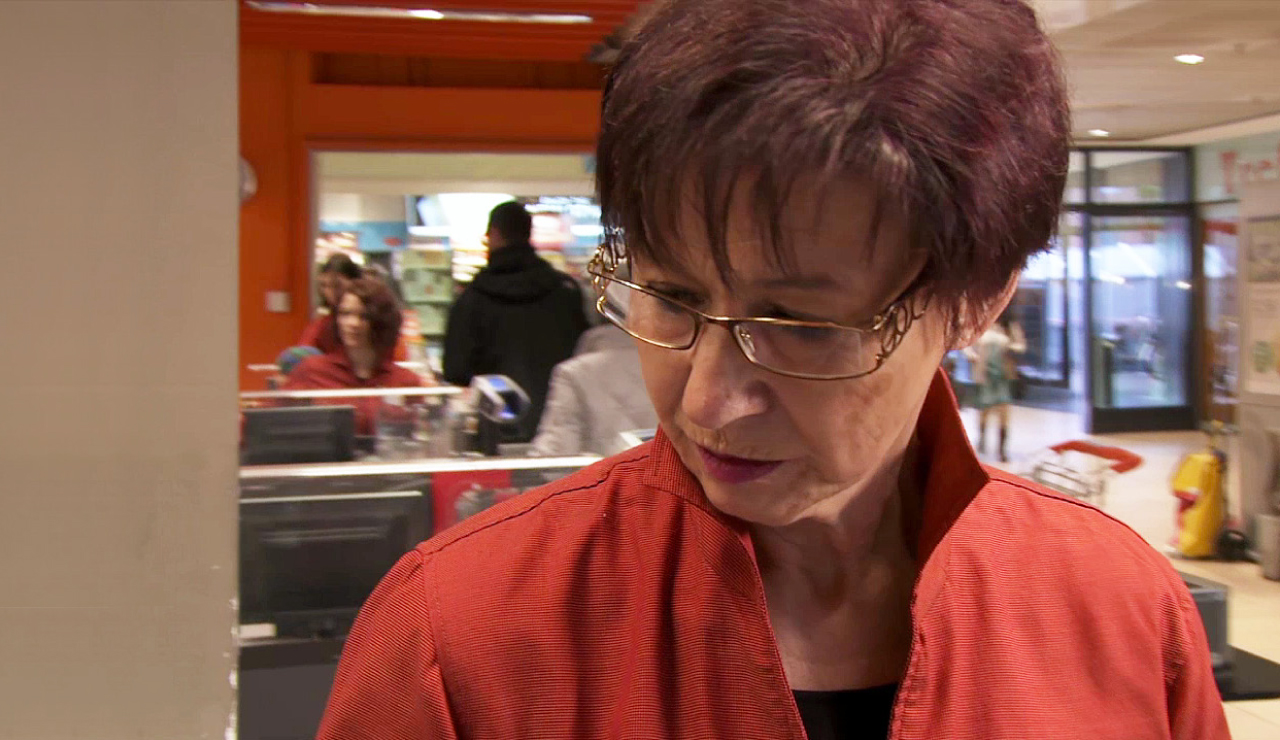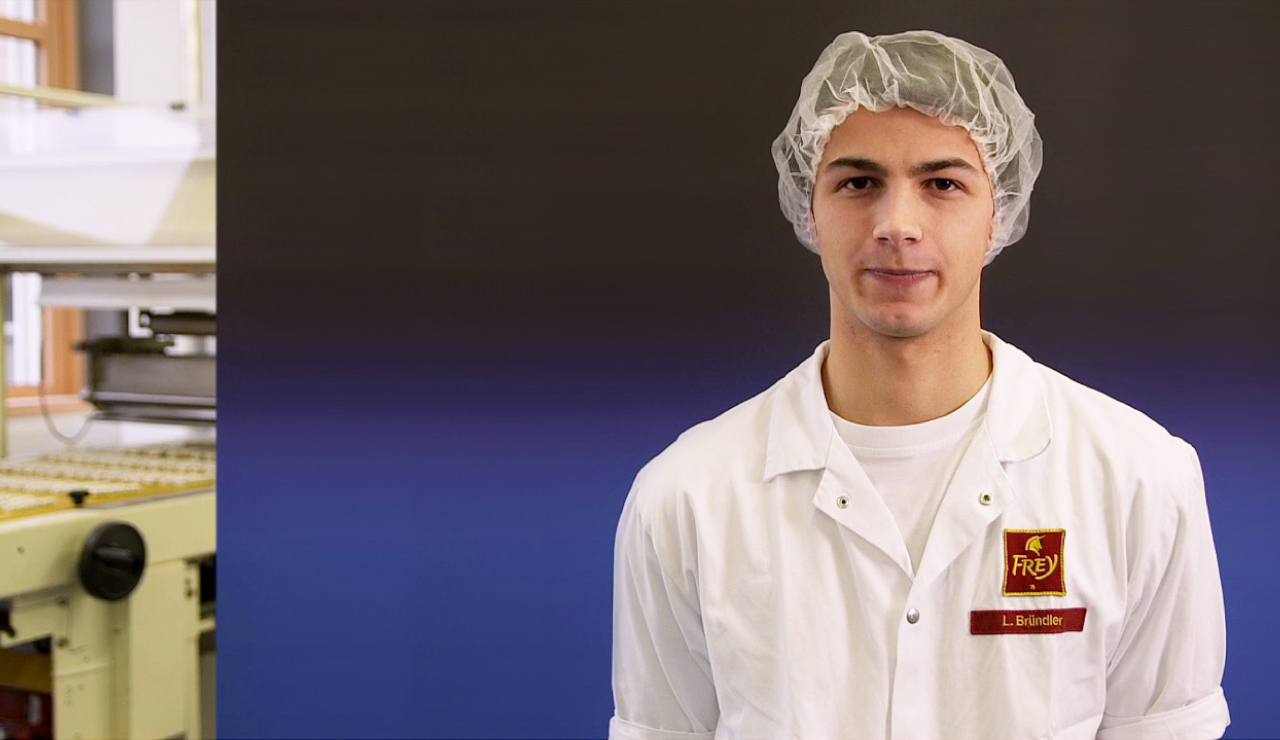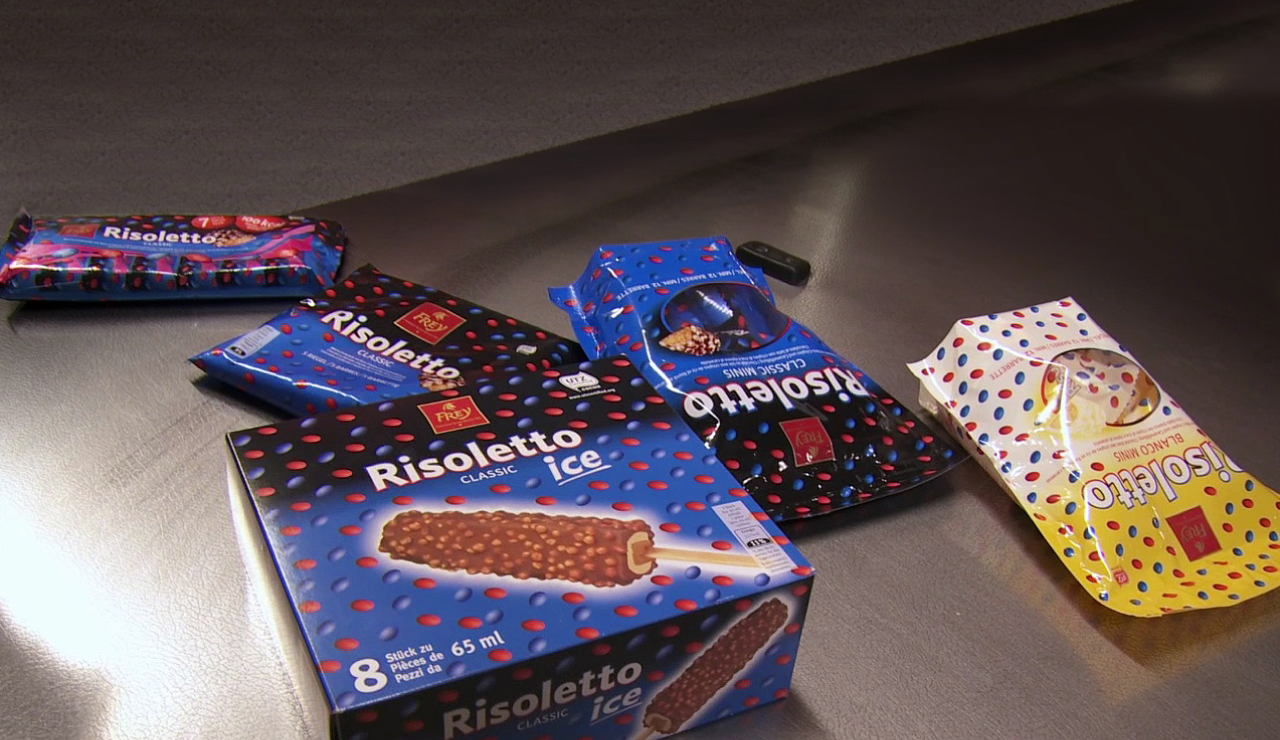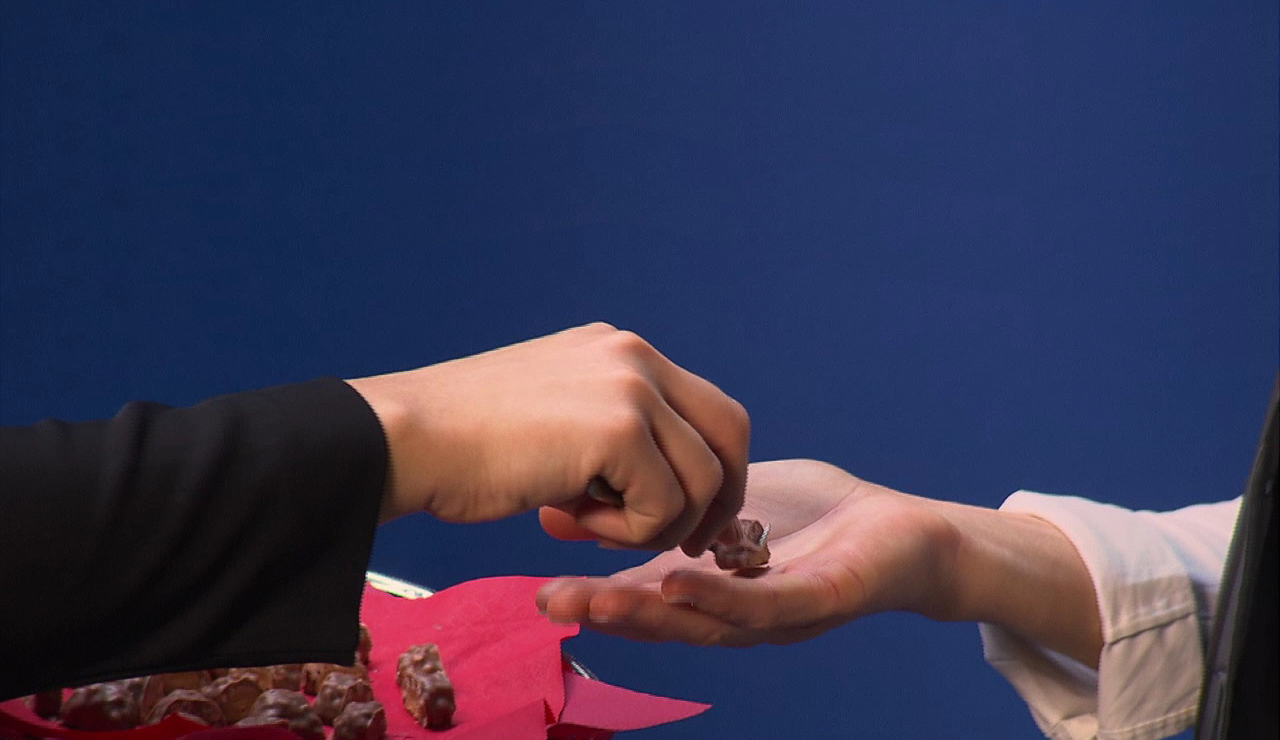Using perfect raw materials
Migros aims to use only raw materials that have been acquired with respect for people and the environment. In 2013 it also decided to introduce Switzerland's strict animal protection standards for all products from abroad.
Migros generates more than 80% of its turnover from own brands. As a food producer, Migros knows where the raw materials have come from and under what conditions they have been produced. As Switzerland's largest retailer, Migros also uses its influence on suppliers to ensure that they fulfil their responsibility: it imposed so-called basic requirements in 2011. These ensure that all companies within the Migros Group only produce raw materials and products that meet the minimum ecological and social requirements. For instance, Globus, Denner, LeShop, Mérat and Scana are currently in the process of removing endangered fish species from the product range on the basis of these requirements.
Animal protection abroad
Migros predominantly sells local meat. Nearly all beef, veal and pork originate in Switzerland. However, due to the lack of domestic supply, imports are still necessary for some types of meat, such as horse, rabbit, turkey, lamb and chicken. In Switzerland, animal-friendly husbandry is ensured by strict legal provisions. However, a corresponding legal basis is often lacking abroad, which has a detrimental effect on animal welfare. In 2013 Migros therefore decided to apply the local animal protection standards to its entire range of animal products from abroad. It has demanded that its foreign suppliers comply with the Swiss provisions by the end of 2020 at the latest. Migros has successfully conducted corresponding pilot projects for rabbit and turkey meat. The entire value-added chain for turkey meat was adapted in collaboration with Swiss Animal Protection SAP. On the basis of these experiences, it is aiming to empower more foreign suppliers to apply the Swiss provisions over the coming years.
Responsible fishing
Migros has pledged that it will only sell fish and seafood that either conforms to a label (Bio, MSC, ASC) or which has been categorised as recommended or acceptable by WWF by 2020. For fresh fish at fish counters, this requirement was met at the start of 2014. Similarly, 94% of the overall range already originates from sustainable sources. In 2013 Migros became the world's first retailer to introduce MSC-certified tinned pink tuna. As a further milestone, the own brand's entire tinned range of this type of fish was changed to the sustainable fishing method of pole and line. The International Pole and Line Foundation helped Migros with this measure.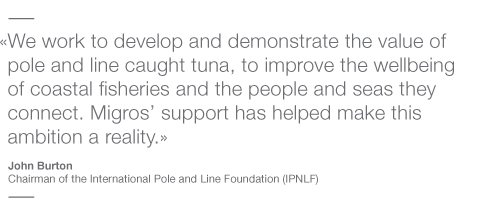
Cooperative Retailing has been a member of WWF Seafood Group Switzerland since 2008, and the production company Micarna has been a member since 2013. WWF regularly assesses all products for the companies of this group. Endangered species are removed from the product range or replaced with alternative products. Other Migros companies have made the same commitment in the form of a group contract with WWF. As an employee awareness measure, fish days were held in 13 Migros companies in 2013.
UTZ-certified coffee, cocoa and tea
With UTZ Certified, Migros promotes the sustainable cultivation of raw materials for the mass market. The programme is based on the three pillars of professional cultivation practices, the environment and social aspects. Migros already switched its basic coffee range to UTZ Certified at the end of 2010. This was followed by the cult Ice Tea range and three products from the Tea Lime range in 2012/13. In 2014 Denner will also start offering coffee capsules produced from UTZ-certified green coffee. The entire confectionery range of Chocolat Frey, along with various other products containing chocolate (such as Muesli bars and ice creams), have also been certified since the end of 2013. For the procurement of cocoa, the Migros subsidiary has entered into a long-term partnership with various farmers' cooperatives in West Africa. In March 2013 Chocolat Frey presented the first cooperative with a UTZ prize of USD 140'000.
Sustainable palm oil
Migros, as a founding member of the Roundtable on Sustainable Palm Oil (RSPO), has been committed to the sustainable production of palm oil for more than ten years. In 2011 it decided to stop meeting the palm oil demand for food production in Migros Industry with certificates and, instead, to switch to physically traceable, sustainable palm oil from RSPO-certified plantations by the end of 2015. 65% of the palm oil processed had already been switched to physically traceable, sustainable palm oil (segregated) from RSPO-certified plantations by the end of 2013. M-Industry meets the remaining demand with mixed products (mass balance) or by purchasing certificates.
Since 2013, all margarines that make it onto Migros' shelves have been produced using physically traceable palm oil from RSPO-certified plantations. The product is identified with the RSPO palm tree logo. At the end of 2013, Migros was awarded eleven out of a possible 12 points in the WWF's palm oil rating. Within the RSPO, Migros continues to push for adherence to strict criteria, such as those relating to the conservation of moors.
New procurement principles for wood
A forest area equivalent to the size of 35 football pitches is disappearing every minute. In the procurement policy, which was redefined in 2013, Migros made a commitment to promoting wood, paper and pulp from recycling or bearing the FSC label in order to stop predatory exploitation. 82.5% of all wood and paper products already originate from sustainable sources. Migros also ensures that wood, paper and pulp originates exclusively from trustworthy sources, including in the case of non-certified wood. Migros will back this up in future by performing documentary checks and spot checks. From 2014 onwards, all Migros advertising material will be produced from paper and cardboard in environmentally friendly recycling or FSC quality. All publications of Migros media and Migros Bank, as well as all travel brochures of Hotelplan, are already FSC-certified.
Environmentally and socially acceptable cotton
Migros aims to double its range of clothes made from organic cotton between 2011 and 2015. Alongside organic cultivation, it supports the environmentally and socially acceptable cultivation of cotton on a broad scale as a founding member of the Better Cotton Initiative (BCI). In 2013 Migros was planning to conduct a training programme for 350 farmers in India, together with a local supplier. However, the project partner pulled out due to the procurement prices of BCI cotton being too high, which meant that only half the farmers could be trained. The high procurement prices also resulted in Migros no longer stocking any textiles made from BCI cotton in the reporting year. It is campaigning for the price of BCI cotton to be brought into line with that of conventional cotton by expanding the cultivation areas and improving the production channels. Prices are currently stabilising at the desired level.


